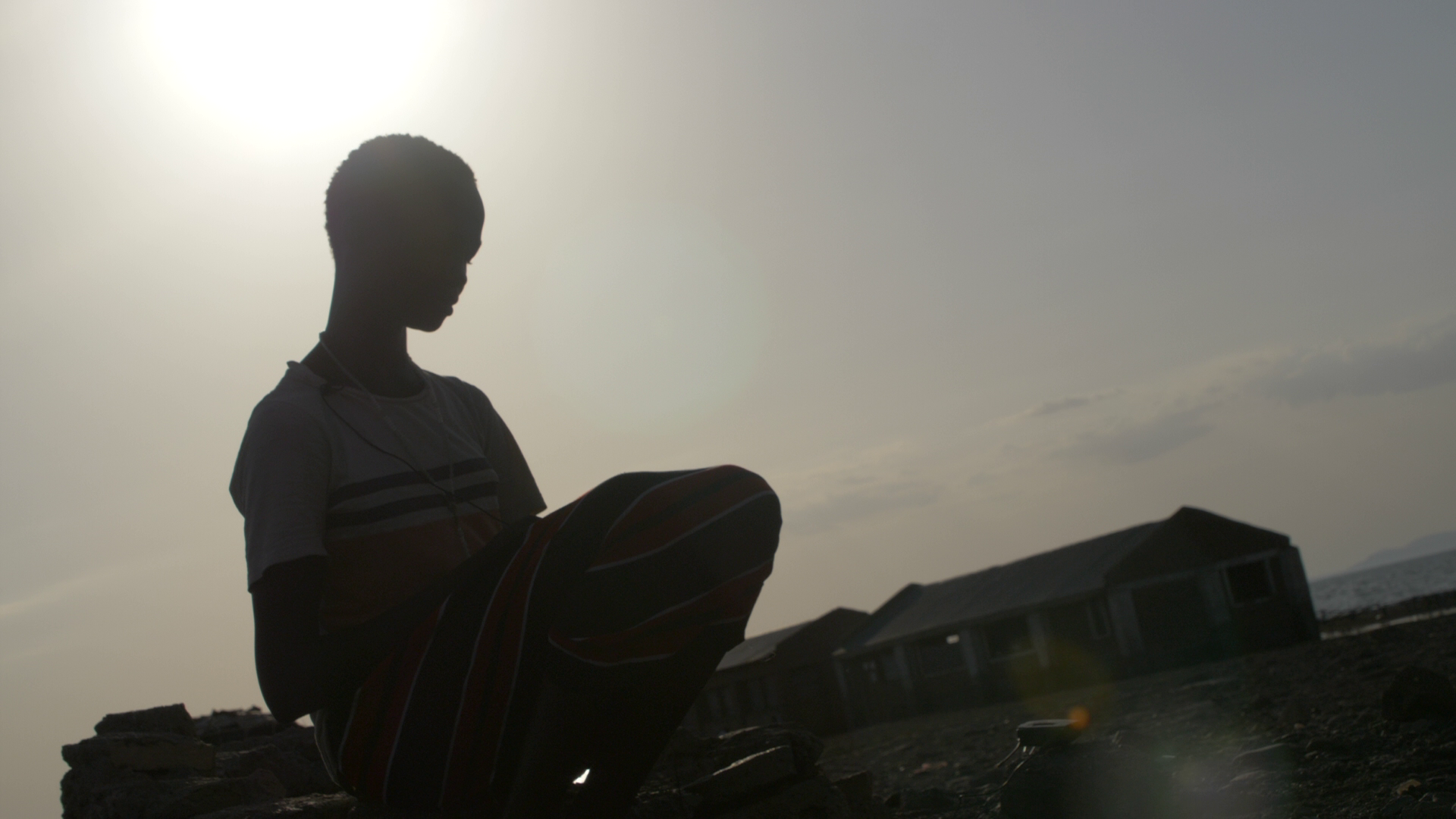Equipping the community for GBV breakthroughs in Kenya
Date:
In some of the farthest reaches of Kenya, community sensitization, capacity building and policy development are bearing breakthroughs not seen or felt previously. In the lakeside town of Loiyangalani, the community now works together to prevent and respond to longstanding gender-based violence crises.

"I came to town for help because I wanted to go to school, I did not want to get married. My family were annoyed, they followed me to town to try and stop me," Julia* explains. At 12 years old, her parents married her to a 35 year old man in return for livestock - a common practice among Kenya’s pastoral communities. Fearing for her future, Julia hitch-hiked for over 50km for help.
The region has a cosmopolitan multi-cultural community that suffers from low levels of education and high levels of poverty. According to Kenya Demographic Health Survey 2022, Marsabit County was rated third highest for teenage pregnancy (age 15–19) in the country at 29%. Despite this, the reporting of GBV in Marsabit remains low. In 2022, Kenya’s national GBV helpline, Health Assistance Kenya, only recorded 16 cases.
Equipping the community
Julia arrived at the Springs of Hope, a community-run organisation that protects women and girls from GBV. The organisation is run by Evana Esekon, a survivor of child marriage herself.
“The first thing we did was take her to the police station to report the marriage, and then to the nearest health facility for some routine tests. As per her wish, we enrolled her into the local secondary school and began to carry out further investigations,” explains Evana.
Evana and her team are selfless in their support and often offer shelter in their own homes to women and girls - a trend across the country as the vast majority of shelters are run by civil society volunteers in the absence of state services. "The next steps is monitoring, and making sure they remain in school," she continues, "at holiday season comes the next challenge, where do they stay? Food and clothing, who will provide this?"
The need for policy and practice
Alongside community capacity building and sensitization, the project also supported the launch of the Marsabit County Gender Based Violence policy. Mary Wanjiru, UN Women Programme Specialist on ending violence against women confirms that, "while equipping communities to prevent and respond to their GBV cases, it is vital that the legal and policy frameworks are also in place. The policy acts as starting point for – often stretched – law enforcement and justice services to provide much needed survivor-centred and trauma informed care."
Nicholas Mutua, Sub-County Police Commander in Loiyangalani explains that in the town alone, he is seeing a marked change in the community’s attitudes to GBV:
“Following the community engagement by our partners, we are seeing a much more collaborative effort to fight GBV. This year alone we have already received around 10 reported cases. This suggests the community are taking action. This can be seen as a breakthrough as such incidents would previously be handled via internal traditional mechanisms. It has also helped bridge a gap between citizens and law enforcement on such matters.”
Julia’s bravery and her community’s ability to provide support means she remains in the education system and keeps agency over her future. With sustained sensitization to GBV issues, cases like Julia's will be increasingly recognized and acted upon in Marsabit County, with the aim of making the region a safer place for women and girls.
*Survivor’s name has been changed for anonymity
UN Women’s partnership with World Vision, supported by the Government of Finland, has raised awareness among individuals and organisations in Loiyangalani and neighbouring communities on prevention and response methods of GBV. The project has reached over 12,000 individuals with training and public forums in Marsabit County.